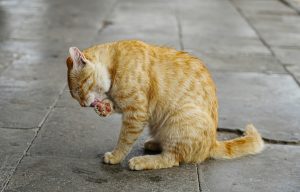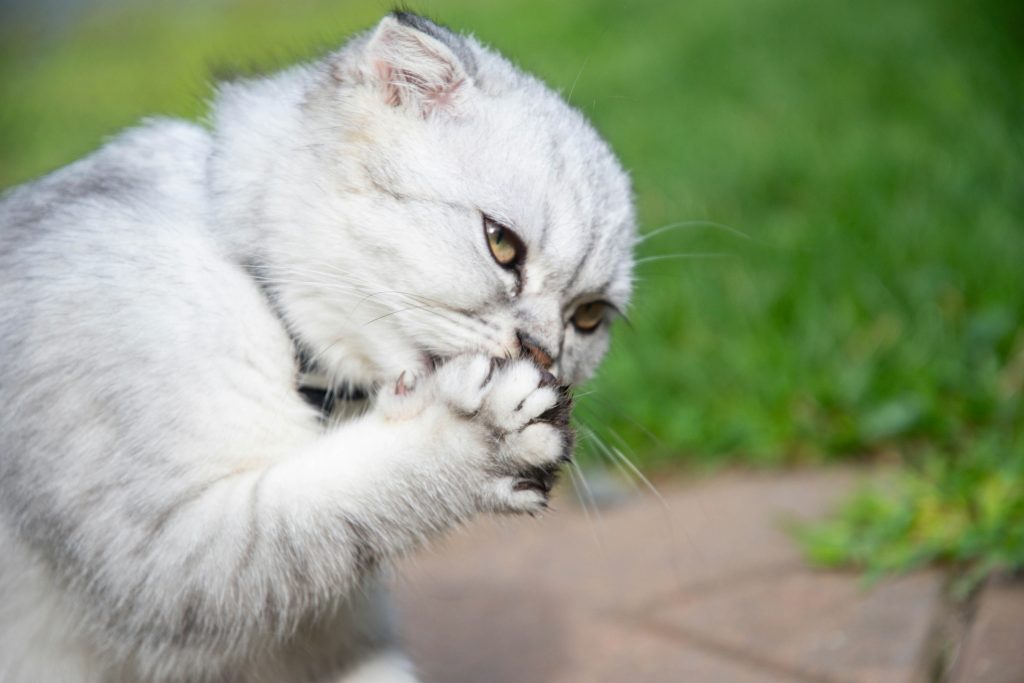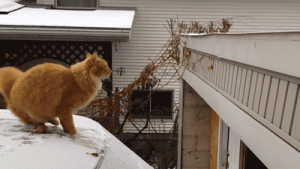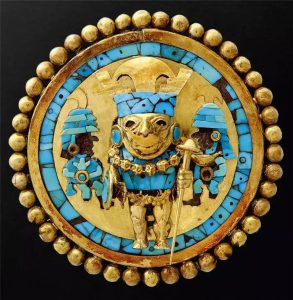Do you enjoy watching your cat lick its little paws? After licking their paws, they often move on to grooming their whole body, looking so serious—almost as if they’re taking a bath—making sure they stay perfectly clean. But sometimes, when you see your cat licking for a long stretch of time, you might start wondering: is something wrong, could it be sick? So today, let’s dive into the real reasons why cats are always licking their paws!
-
Cats Grooming Themselves
A cat’s tongue is covered with keratinized barbs, a unique structure that works just like tiny combs and brushes. These barbs easily remove dust, dirt, and food particles stuck to their paws. From a hygiene perspective, a cat’s paws frequently touch the ground and all kinds of surfaces, making them prone to bacteria and parasite eggs. By licking and cleaning, cats can effectively reduce bacterial growth and lower the risk of infection.For example, my orange tabby at home always makes a mess by knocking over the food bowl. Once his paws are covered in crumbs, he immediately finds a quiet corner, stretches out his tongue, and quickly licks back and forth with surprising force. Within minutes, his paws look spotless again—he’s truly a little “clean freak.” Using the tongue to keep paws clean is not just about appearance; it’s an important way for cats to maintain their overall health.
-
Cats’ Paws Feel Itchy
The skin on a cat’s paws is quite sensitive. When they suffer from fungal or bacterial infections, or when mites cause skin problems, the irritated skin cells release chemicals such ashistamine. These chemicals stimulate nerve endings, which makes the cat feel itchy.For instance, my neighbor’s kitten once developed allergies from using the wrong kind of cat litter. Its paws broke outin red rashes, and it spent the whole day licking and scratching at them. The once-smooth fur around the paws became tangled from excessive grooming. Allergic reactions to cleaningproducts can also lead to paw itchiness.Although cat saliva contains certain antibacterial properties, excessive licking makes the skin damp, creating the perfect environment forfungiand bacteria to thrive. This results in a vicious cycle. That’s why if you notice your cat obsessively licking its paws in an unusual way, it’s important to inspect them and seek veterinary care promptly.

-
Cats Chewing Off Old Layers of Claw Sheaths
A cat’s claws are made up of multiple layers of keratin. As the claws grow, the outer layer becomes old, hard, and inactive. By licking and gently chewing, cats break down the structure of the old claw sheath, helping it fall off and making space for new claws to grow.My friend’s senior cat, for example, often lounges lazily in the sun, licking its paws and occasionally nibbling at them. One time, I looked closely and saw that it actually managed to “chew off” a tiny piece of its old claw sheath. During this process, the blood circulation in the paws also increases, which supports the growth of healthier new claws. Just like snakes shed their skin to renew their bodies, cats shed old claw sheaths to keep their claws sharp and healthy.
-
Cats Relieve Stress
From an animal behavior perspective, paw-licking is considered a stereotypic behavior in cats. When a cat feels nervous or anxious—such as when it’s in an unfamiliar environment, hears loud noises, or faces threats from other animals—the brain releases stress hormones. Repetitive licking of the paws stimulates the cat’s brain to release endorphins, which are similar to the “happy hormones” in humans. These chemicals help reduce stress and provide emotional comfort.For example, once during a thunderstorm, my cat was so frightened that it hid under the bed, trembling nonstop. After the thunder stopped, it crawled out and sat down, licking its paws over and over as if trying to “lick away” the fear. Just like humans chew gum or squeeze a stress ball to calm down, cats use paw-licking as their own way of soothing anxiety.
If your cat isn’t licking its paws too frequently, it usually means your furry friend is in good health—paw licking in this case is simply part of normal grooming. However, if the licking becomes excessive, and you notice the paw pads looking discolored, dirty, or constantly damp, it could be a sign of pododermatitis (inflammation between the toes). Cat parents should pay close attention and monitor these changes carefully.





